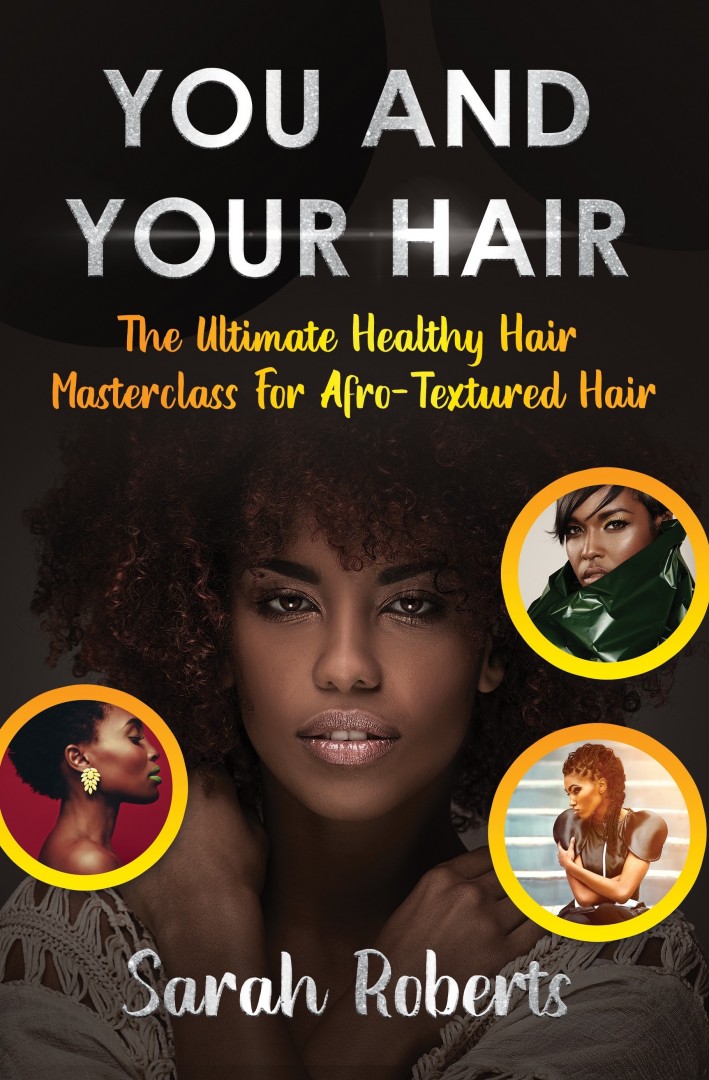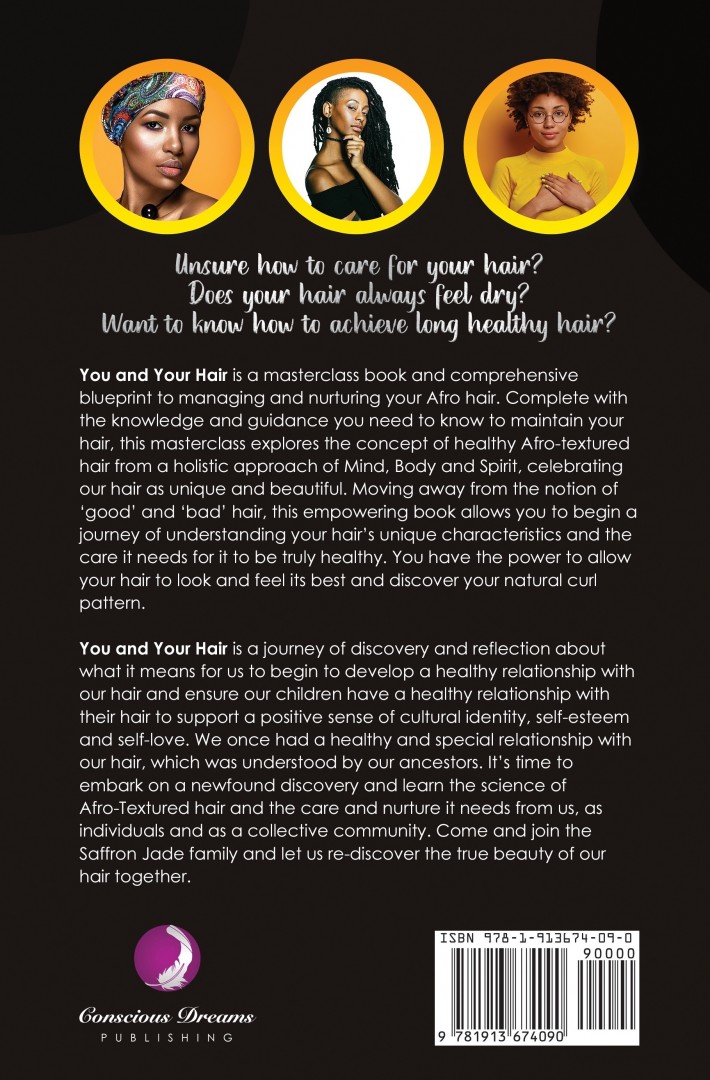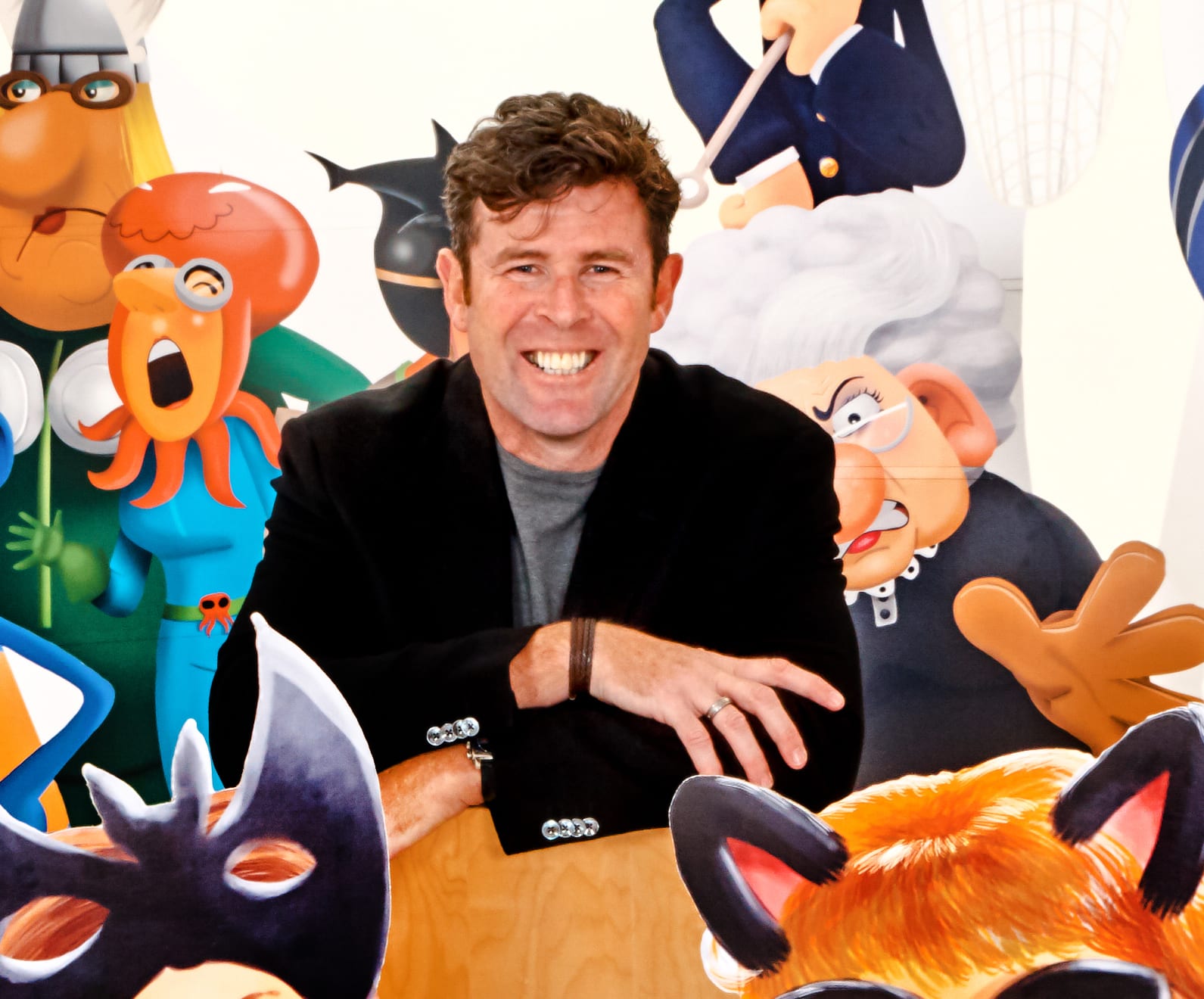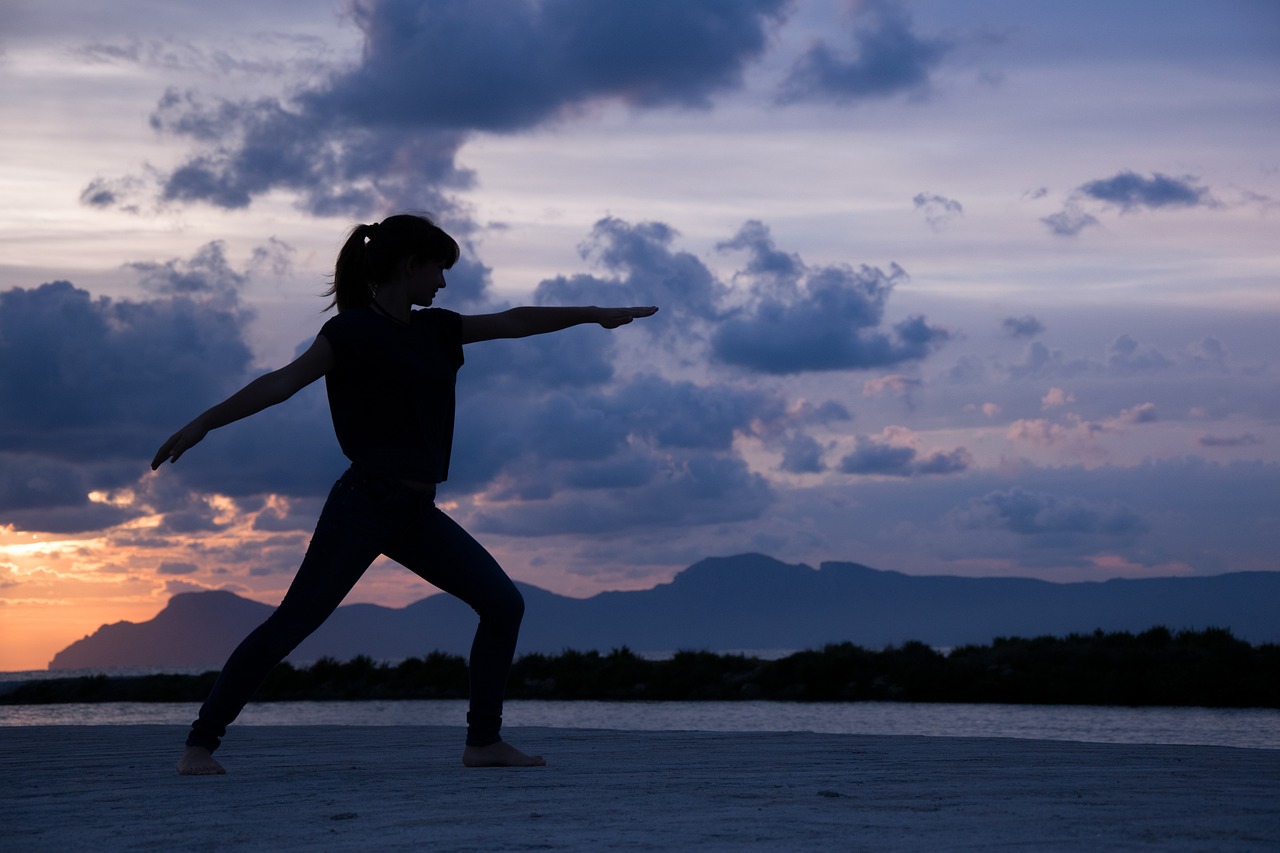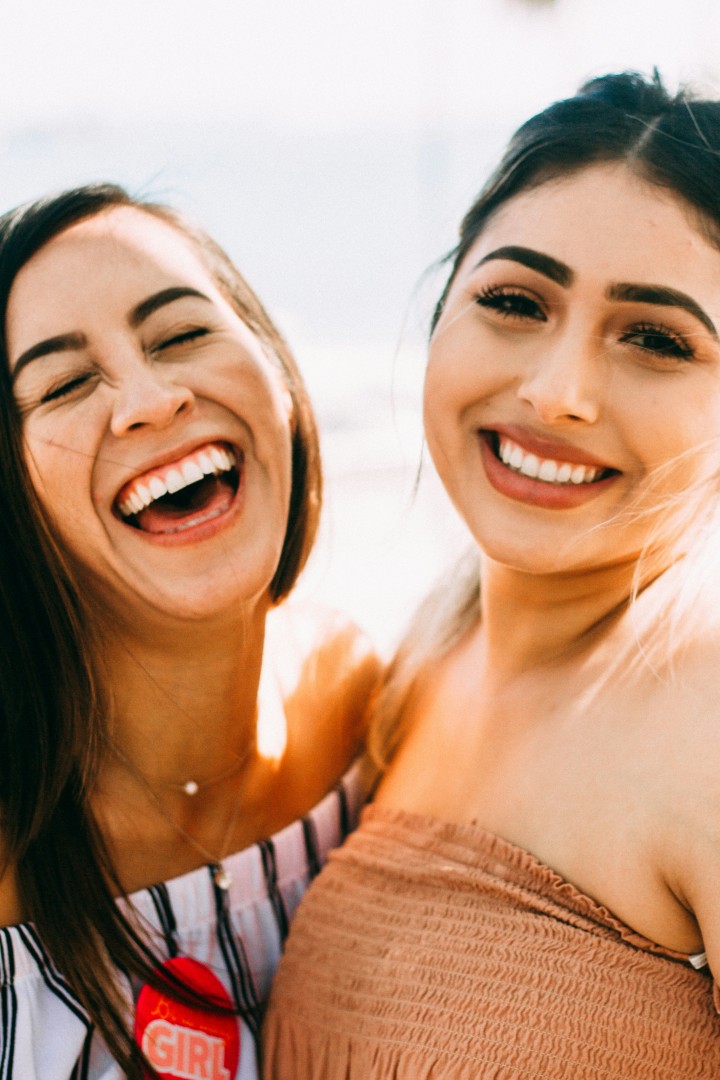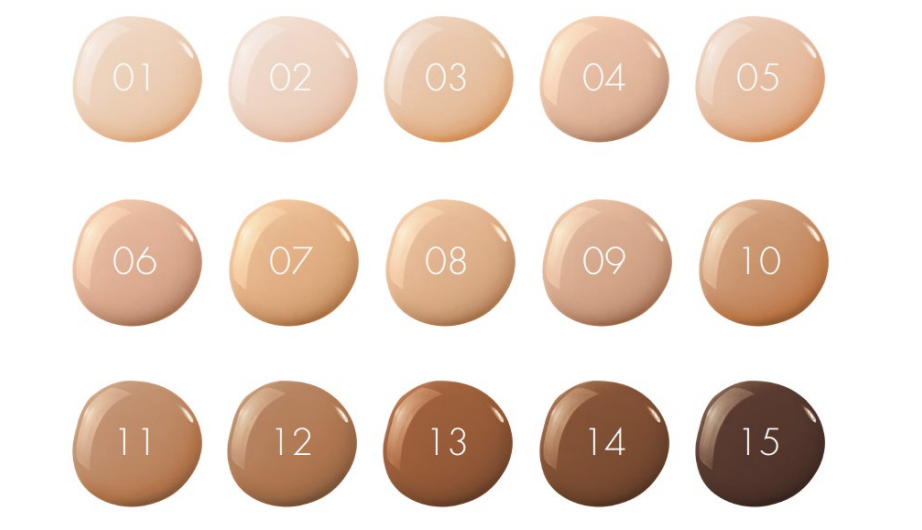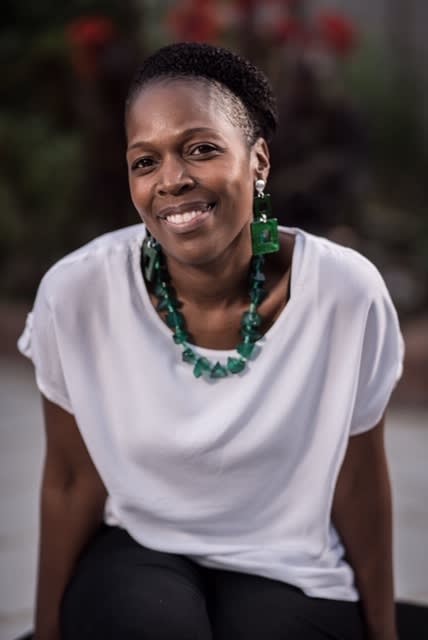
Sarah Roberts is a hair consultant with a mission to inspire and educate black and mixed-heritage communities on the beauty and special needs of afro-textured hair. Her expertise is gained through rigorous scientific study, and through her website, she offers consultations and her own blended moisture-spray. She is also author of the newly-published, You and Your Hair – a masterclass book which seeks to move away from traditional notions of ‘good’ and ‘bad’ hair, and promote a healthy, empowered relationship with “your hair’s unique characteristics”.
What inspired you to write a book?
I started researching the science and care of afro-textured hair as I wanted to understand more about my own hair after I made the decision to stop perming it. What I learnt was at odds with what I, as a member of the black community, had learnt about caring for my hair. It took me about six years to understand and make sense of all the information available, so I know the frustration of not knowing where to start. From my consultations and general discussions with women, men and young people, it was clear that there was a lot to take in: I was providing written guidance, step-by-step phone communication and follow-up calls to support my clients on their healthy hair journey. I wanted to reach more people, to provide knowledge and information in an easy-to-read step by step guide and so I decided to write a book. I had already started holding healthy hair care events, so had developed a structured workshop on teaching. My manuscript was accepted by Conscious Dreams Publishing and the book came out in June this year.
Can you describe the relationship between our hair and our self-esteem?
For most women and men, hair is more than just an attachment to our head, it is part of our overall identity and out biggest accessory. It is used to create a visual representation of how we like to present to the outside world. It can speak volumes about our character and personality, at first glance. In this sense, hair plays a huge part in helping us to communicate lots of things about ourselves without using words, giving us a sense of self confidence and self-worth. This emotional connection and relationship with our hair should not be underestimated; when a man or woman suffers hair loss, or is having a bad hair day, or just generally feeling bad about their hair, their self-esteem is greatly impacted in a negative way. This can result in feeling a low sense of self-worth, low self-esteem and self-confidence.
Have you seen a change in how afro-textured/natural hair is viewed within mainstream society in the UK?
The natural hair movement, which began in the USA around 2008, has resulted in a lot of change towards how natural hair (hair that has not been chemically altered) is viewed within the media, and how black people have begun to form a more positive relationship with their naturally curly hair, known as afro-textured hair.
I can see a change in how afro-textured hair in its natural state is viewed within mainstream society in the UK. In adverts, black people with natural hair is seen as the norm and more black TV presenters wear natural hair on TV. This was never seen before. We also had World Afro Day in September, described as “a global day of change, education and celebration of Afro hair; endorsed by the UN Office of the High Commissioner for Human rights. We work with families, schools and authorities to tackle discrimination against Afro hair.”
What are your key tips for maintaining fabulous hair?
- Respect and love your hair, understand that it is an important aspect of your overall identity and your biggest accessory. In this sense, you need to give it the time, care and attention – it needs to be healthy, as part of one’s overall self-care and self-love.
- Get to know and understand the characteristics of your own unique hair. This will allow you to develop a healthy hair care regimen based on the needs of your own hair which will depend on your hair’s texture, curl pattern, the porosity of your hair, density and elasticity.
- Eat a healthy balanced diet consisting of protein and essential foods, with vitamins and minerals that the body needs to help your hair grow and keep it strong and healthy. Try to combat stress, as extreme stress can impact on the health of your hair and lead to hair loss.
- Have a consistent regimen of washing, conditioning and deep conditioning your hair, depending on your own hair type. For example, some of my white friends wash their hair daily, black woman have drier hair and recommended washing is between 5-10 days.
- Products should be viewed as essential food and nutrition for our hair and scalp. Products which have ingredients to support the hair’s essential balance of moisture and protein, with additional ingredients that ensure a healthy scalp, are vital for its overall health and wellbeing.
- Remember that the goal is to preserve our hair strands, as hair is essentially dead fibres. Protect these by keeping heat to a minimum. Limit the use of blow dryers, hair straighteners and curling tongs and use a low heat where possible. If you use a dye, ensure you carry out weekly deep conditioning.
WIN!
We have 5 copies of Sarah’s book, You and Your Hair: The Ultimate Healthy Hair Masterclass for Afro Textured Hair, to give away! Enter at our competitions page.
